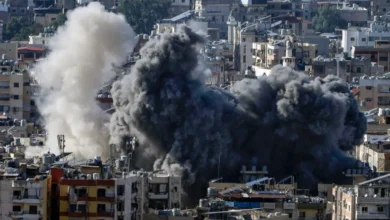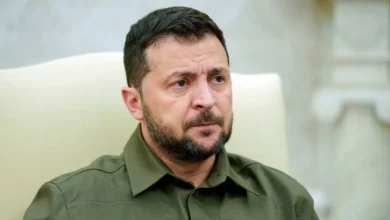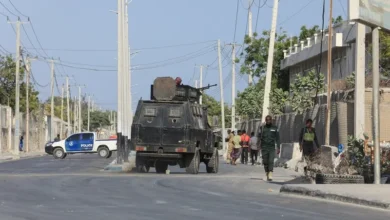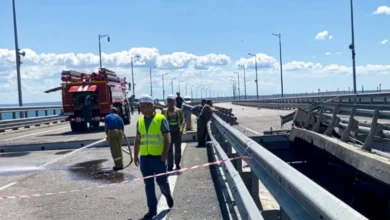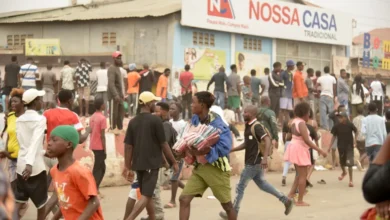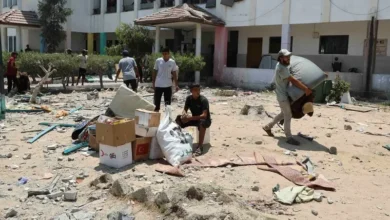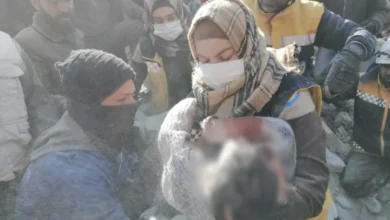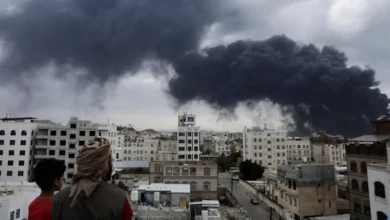Myanmar’s rebels liberate territory – administrating it is the next battle
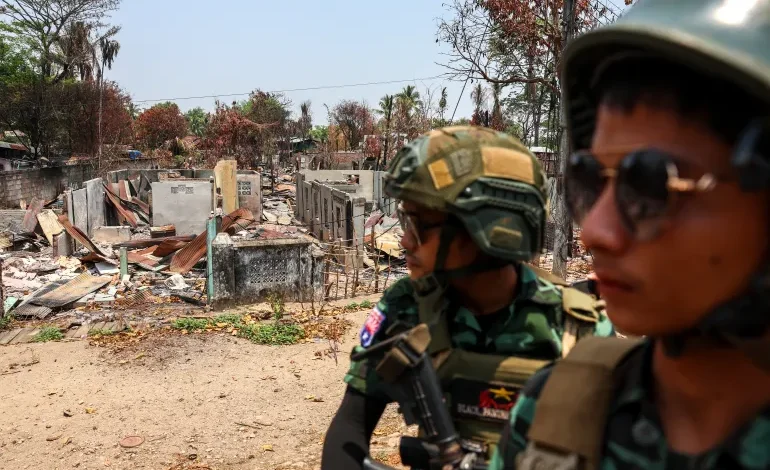
Thaw Hti was a tiny speck amid a march of hundreds of thousands that snaked its way through the streets of Yangon in 2021, demanding a return to democracy after the Myanmar military seized power.
“We had signboards and they had guns,” she said, recounting with bitterness the events of March 2021.
In the intervening four years, much has changed for Thaw Hti and her generation in Myanmar.
After the military slaughtered hundreds in bloody crackdowns on those pro-democracy protests, young people fled to territory controlled by ethnic armed groups in Myanmar’s border regions with Thailand, India and China.
Thaw Hti went, too.
Ethnically part Karen, her choice was obvious.
She sought refuge with the Karen National Union – Myanmar’s oldest ethnic armed group, which has been fighting for political autonomy for the Karen people since the 1940s in Myanmar’s eastern Karen State, also known as Kayin State.
Speaking during an interview with Al Jazeera in Karen State recently, Thaw Hti told how she was so furious at the military for seizing power that she wanted to become a rebel soldier.
All new arrivals in KNU territory had to undergo a survival course, which included weapons training, marching long distances in rugged terrain and basic self-defence.
Firing a gun, Thaw Hti remembers, gave her a feeling of strength after powerlessly watching the military massacre her fellow protesters.
Now, her face crinkles into a huge smile when she says: “I love guns”.
But, being short and slight, she struggled to complete even the basic survival course and knew that she would not pass the KNU’s real military training.
Lessons in oppression
With a background in education and the ability to speak Karen, Thaw Hti and her husband instead opened a school accredited by the KNU where they teach more than 100 children who have been displaced by conflict.
The school is concealed in the forest in eastern Myanmar because of the military’s tendency to launch air strikes on the Karen’s parallel public services – including schools and hospitals. The bombing aims to destroy the emerging administrative structures that lend legitimacy to Karen autonomy.
Unlike schools under the military regime’s control, Thaw Hti explained that her school teaches children in the Karen language and teaches a Karen-centred version of Myanmar history that includes the decades of oppression the Karen faced, which is often left out of official narratives.
The Karen have fought for their autonomy for decades, but as newer, pro-democracy forces team up with ethnic armed groups, the Karen’s long-simmering conflict with Myanmar’s military – a majority, ethnic Bamar force – has exploded in intensity.
Particularly in the last year, the military has lost huge swaths of territory in the borderlands – including nearly all of Rakhine State in the west and northern Shan State in the east – as well as large chunks of Kachin State in the north, and also more of Karen State.
But as fighters take more and more territory, they are faced with a new challenge: administering it.
